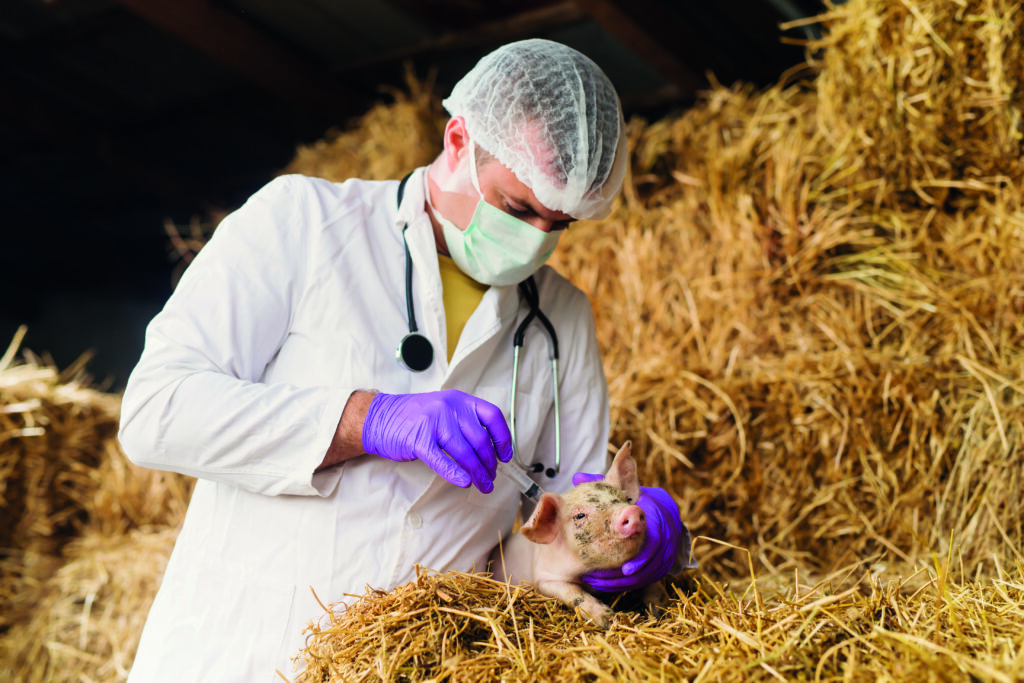High welfare is one of the main hallmarks of our industry, and allows us to stand out from the crowd in a busy international marketplace for pork products.
We have high legal requirements in UK law, alongside additional assurance scheme requirements that are assessed at regular intervals by vets and independent assessors for Red Tractor, RSPCA Assured and the Soil Association. This allows us to proclaim clearly and confidently that we are part of a robust industry that takes welfare seriously and allows the public to recognise this by looking for the relevant logos on the products they buy – so much better than the minefield of differences that exist with imported pork products.
It is, therefore, slightly worrying to see that there are several organisations now starting to use ‘production system’ as a measure of the welfare of the pigs during their time on farm. We are very lucky to have a great variety of different production systems within the UK pig industry and this allows more choice than ever for the public when it comes to buying their pork.
“Well-trained, knowledgeable stockpeople can have the biggest effect on the wellbeing of pigs.
That’s more difficult to put on a packet of pork or a logo, but let’s at least unite behind the assurance schemes we have that do allow us to shout about it being British.”
The personal choice for what kind of product they buy is an individual decision that needs to sit with them, but with the full knowledge that welfare has been a high priority on whichever farm their pork has originated from.
When organisations and people in authority start muddying the waters by equating specific production system qualities with higher (or lower) welfare for the pigs during their time on farm, you can understand how people get confused and myths can be perpetuated – to the benefit of the animal activist movements.
The National Pig Association’s Georgina Crayford has drawn together a very clear set of comparative standards from around the world for a great variety of different indicators, many of which have a huge effect on the welfare of the pigs.
We already have a good system in the UK that progresses as developments are made in the science and understanding of the pigs under our care. We have to be very clear where other countries stand in relation to ours, along with how we can maintain our differentiation from them without losing the battle to keep lower welfare standard products out of the country.
There are going to be several challenges over the coming years. Which is why it is even more important that we have a united industry in the UK, irrespective of the production system used on any individual farm.
The welfare of the pigs on farm is certainly influenced by many different factors, including some of the variations and vagaries of the systems they are raised in, but by far the most important influence on welfare is the people who are in touch with them from day to day. Well-trained, knowledgeable stockpeople can have the biggest effect on the wellbeing of pigs.
That’s more difficult to put on a packet of pork or a logo, but let’s at least unite behind the assurance schemes we have that do allow us to shout about it being British.




